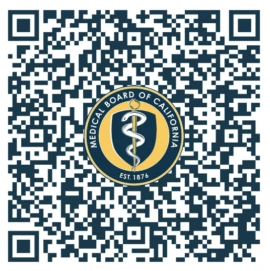Crohn’s Disease

Crohn's Disease:
Insights, Management, and Support for Digestive Wellness
Crohn’s disease is a type of inflammatory bowel disease (IBD) that causes inflammation of your digestive tract, leading to severe abdominal pain, fatigue, and malnutrition. Crohn’s disease isn’t curable, but can be managed by the expert team at Digestive Disease Consultants of Orange County, with offices in Mission Viejo, Tustin, Irvine, and Huntington Beach. Caroline Hwang, MD, MMM, is an IBD specialist who can help you stay in remission as long as possible to enjoy an active, normal life. Call one of the offices or schedule online if you’re suffering from Crohn’s disease.
What is Crohn’s disease?
Crohn’s disease is a form of inflammatory bowel disease that attacks the internal lining of your GI tract. The disease most often affects your small intestine and the first part of your large intestine (the colon), but can really strike anywhere in the intestines.
Crohn’s disease causes inflammation deep in the intestinal wall. Complications of the condition include:
-
Fistulas
-
Malnutrition
-
Intestinal blockages
-
Ulcers
-
Abscesses
People with Crohn’s disease are also at an increased risk of developing colon cancer.

What symptoms suggest I have Crohn’s disease?
Crohn’s disease isn’t always active. You may have periods of remission during which you feel fine. During a flare-up, however, you may experience:
-
Diarrhea
-
Abdominal pain
-
Blood in your stool
-
Fatigue
-
Weight loss
-
Fever
-
Anal tears
Crohn’s disease can inflame other parts of your body, too. Up to 40% of people with Crohn’s disease develop issues such as arthritis, skin conditions, and eye inflammation.

How is Crohn’s disease managed?
Crohn’s disease isn’t curable, but it can be effectively managed. Dr. Hwang or another member of the team at Digestive Disease Consultants of Orange County reviews your medical history, your symptoms, your family history, and any screening tests performed, such as blood work and imaging. This helps them develop a treatment plan for you.
Your plan may include:
-
Medication
Crohn’s disease responds well to some medications, including those that suppress the immune system. Anti-inflammatory drugs, biologic therapies, and antidiarrheal drugs are sometimes used, too. -
Bowel therapy
If you have a severe flare-up of Crohn’s disease, you may need to rest your bowel with a liquid diet.
-
Nutritional supplements
The inflammation Crohn’s disease causes in your small intestine affects your ability to absorb nutrients. This can lead to nutrient deficiencies that have wide-ranging effects on your health. Supplements can help restore optimal nutrient levels. -
Surgery
Surgery focuses on removing damaged portions of your intestine. It won’t cure Crohn’s disease, but it can resolve acute symptoms.
If you suffer from symptoms that suggest Crohn’s disease, seek the expert medical support available at Digestive Disease Consultants of Orange County. Call the nearest office or use the online tool to schedule.


